Components of Gifted High School Lessons
Understanding the potential of gifted high school students is integral to shaping the future of our society. These students are endowed with the aptitude to transform the world we live in. Our aim is to support these extraordinary young minds by providing resources and insights that enable them to feel accomplished and facilitated.
This discussion marks the beginning of our series on 'Gifted High School Lessons' where we explore, foster, and celebrate the distinctive abilities of gifted students . So, whether you're a teacher, parent, or a gifted student yourself, we invite you to join us on this journey. Together, we can cultivate an environment where giftedness is not a challenge but a gift to be cherished. Welcome to the exploration of untapped potential.
Understanding the Need for Gifted Lessons
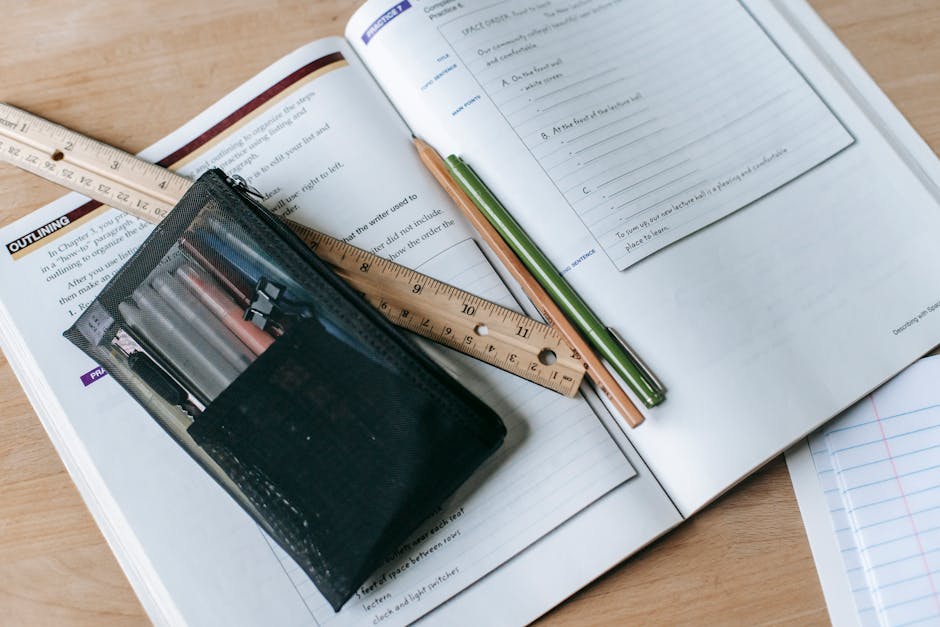
In order to ensure a bright future for the leaders of tomorrow, there's a pressing need for gifted lessons at high school level. These specialized courses are not about promoting an elitist education system. Rather, they're designed to nurture the unique talents and abilities in students who are capable of performing at an advanced level.
Gifted lessons can provide an intellectually stimulating environment , encouraging critical thinking and promoting creativity.
They also meet the unique pace of learning for each student, reducing frustration or boredom from the ' one size fits all' education standard.
Furthermore, these tailor- made instructions foster emotional growth by embracing diversity in learning abilities and inclinations among students.
Overall, gifted lessons are an essential investment for the holistic development of potential prodigies, cultivating their skills to create positive impacts in the future.
Components of Gifted High School Curriculum

Gifted High School Curriculum stands out not merely by accelerating content, but through a unique structure that nurtures exceptional talents. It comprises three distinct yet inter -related components.
The first component is Academic Rigor. With Advanced Placement or International Baccalaureate programs, students explore subjects in depth, enhancing their analytical skills and often earning college credits .
The second component, Artistic Aptitude, caters to students with exceptional talents in visual, performing arts or music. These specialized programs cultivate creativity, fostering an appreciation for the arts.
Lastly, the Social-Emotional Support component addresses the unique emotional needs of gifted adolescents. This component is crucial in equipping students with coping mechanisms to deal with the social and psychological issues associated with early success. Through these three components, the Gifted High School Curriculum aims to equip students not only acadically, but also creatively and socially. An apt blend of these aspects ensures the all-round development of the gifted students .
The Importance of Challenging Gifted Students
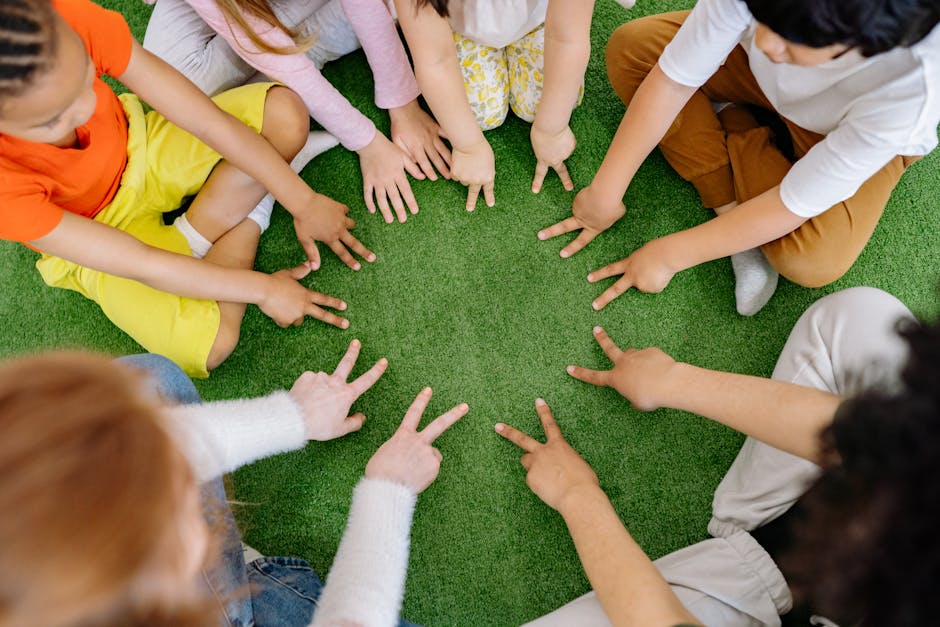
High- achieving students often find themselves in an academic comfort zone, enabled to skate by without truly engaging with the material. Yet, to truly tap into their potential, these gifted minds require more meaningful, complex challenges to stimulate their intellectual curiosity.
By providing advanced coursework and thought- provoking tasks beyond the regular curriculum, educators can address these unique needs.
Challenging gifted students in high school doesn't just stimulate academic growth; it also fosters crucial life skills . Perhaps most notably, students face the responsibility of managing their own learning and navigating larger workloads. They learn resilience, persistence, and how to thrive outside their comfort zone.
In essence, when we challenge gifted students, we nurture their potential - and set them on the path to adulthood armed with a formidable toolset for success.
Different Teaching Methods for Gifted Learners
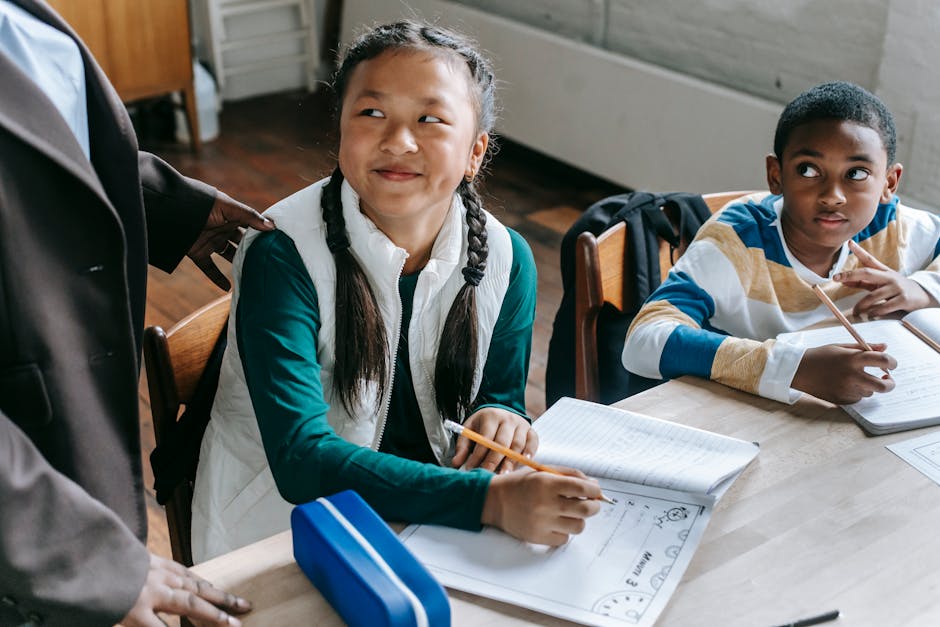
Teaching gifted learners requires specialized methods to ensure they remain challenged and engaged.
One method is the Inquiry-based learning technique, which entails students asking questions, investigating solutions, and coming up with conclusions. This strategy nurtures their ability to think critically and independently while fostering intellectual growth.
Another effective tool is the Differentiated Instruction approach. This method involves customizing teaching styles and curriculum to align with an individual student's needs and learning styles. It reduces the risk of boredom and expands the opportunity for personal development .
Acceleration, another highly successful strategy, involves advancing gifted students to higher grades or courses to promote cognitive development at their pace.
Lastly, the Socratic Seminar method encourages student involvement through open-ended discussions, bolstering their analytical examination skills and enabling them to pursue knowledge further than standard lessons could.
Overall, implementing a mix of teaching methods can significantly enhance educational outcomes for gifted students.
Identifying and Nurturing Gifted Talents
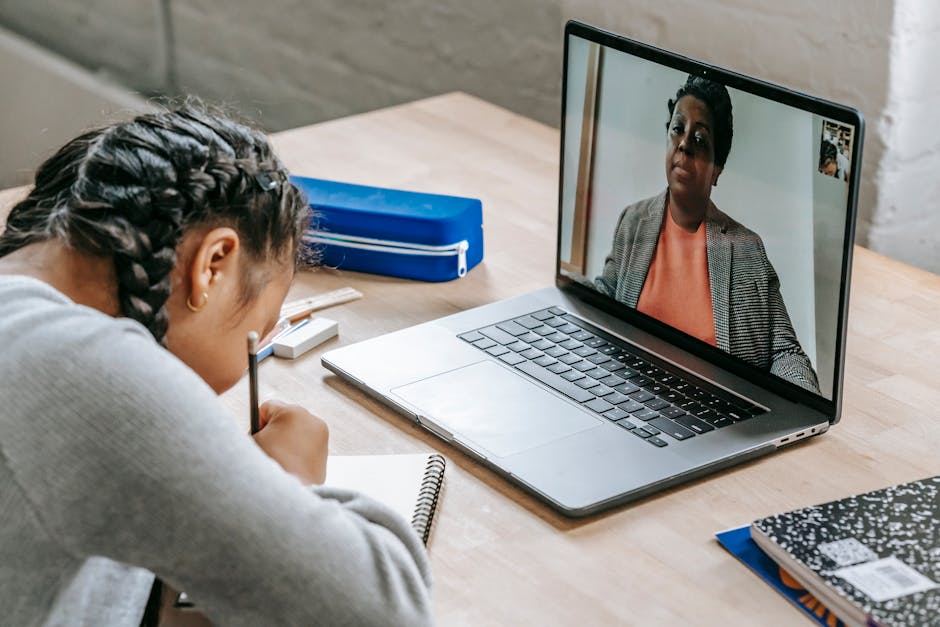
Gifted students often shine in various fields, be it academics, sports, the arts, or other intellectual or creative realms. It's essential to identify these talents early and foster their growth through specialized programs and attention.
Identifying giftedness involves looking beyond mere test scores. It's about recognizing extraordinary creativity , curiosity, and problem-solving skills. Observing behaviours, like quick learning, intense interests, high levels of concentration can pick out these students.
Nurturing these talents requires an enriched learning environment that promotes critical thinking, fosters curiosity, and encourages independent learning. Special programs, mentorship, challenging tasks, and providing resources can go a long way in their development.
Ignoring such talents may result in unfulfilled potential. That’s why early identification and proper stimulation of this giftedness is not just beneficial, it’s essential. Let's ensure that our future creative thinkers, leaders, and innovators are given the support they need to soar even higher .
Extracurricular Activities for Gifted Students
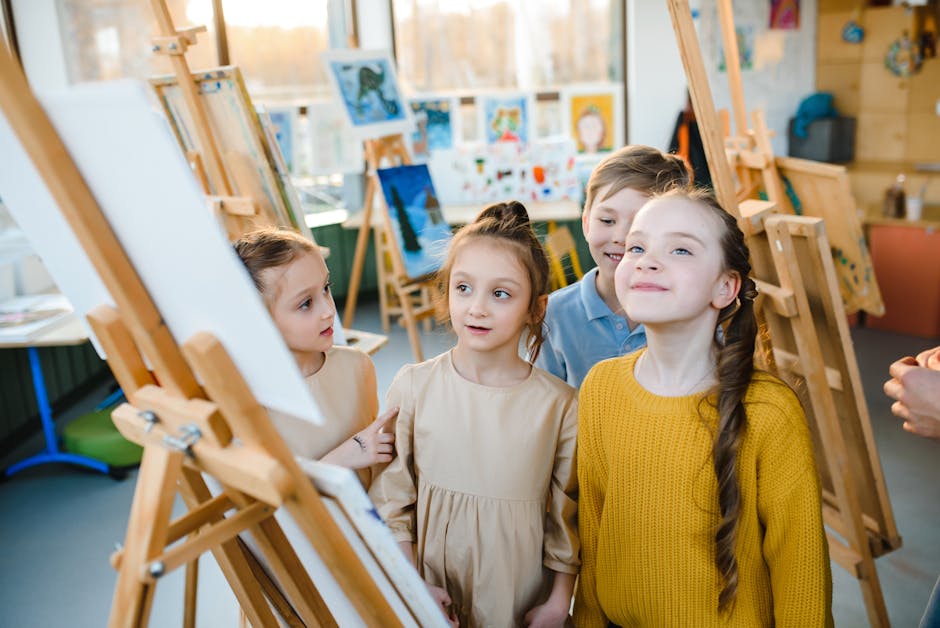
Extracurricular activities provide additional avenues for gifted students to explore their interests and talents. They offer out-of-the-box experiences, encouraging creativity, leadership, and team-building.
Popular among gifted students are robotics and coding clubs, where analytical skills are refined while encouraging innovative thinking. Chess clubs stimulate strategic thinking and concentration, while debate societies facilitate intellectual discussions and arguments.
Participation in science and literature clubs can spark unique inquiries and love for knowledge that outreach traditional curriculum. Intricate mathematics challenges present an attraction for those with numerical prowess.
Additionally, sports, music, arts, and voluntary community service activities encourage the development of a well-rounded personality. They instill discipline, collaboration, and empathy. They also provide a platform for gifted youngsters to express themselves, channel their energies positively, and learn to handle successes and failures gracefully.
Remember; the goal is to nurture their talent without burning them out. Ensure activities align with their interests and capabilities. Balance is key.
Role of Parents and Teachers in Gifted Education
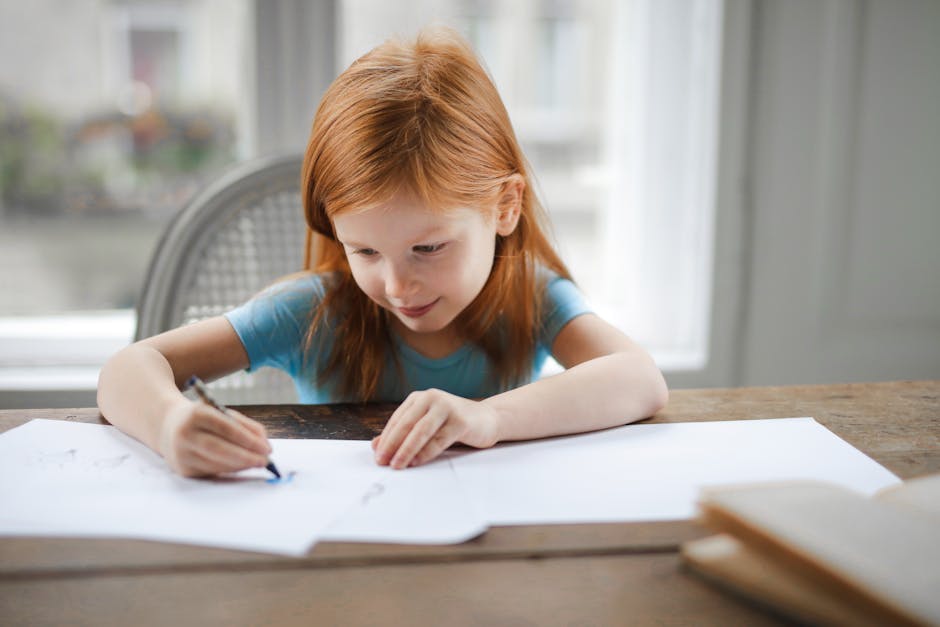
Parents and teachers share equal responsibilities in fostering gifted children's education.
Parents, the first observers of their children's exceptional abilities, can take an active role in identifying and nurturing these talents. Regularly engaging your child in intellectual discussions and creative activities at home can help cultivate and enhance their potential.
On the other hand, teachers play an indispensable role. With proper training, they can identify gifted children in their classrooms and adjust curricular activities to suit their advanced cognitive capacities . Teachers also have the power to tap into their students' passion for learning, further fueling their intellectual growth.
Overall, the collaboration between parents and teachers is a fundamental strategy in managing and developing gifted education. By working together, they can ensure that these talented individuals receive the right amount of stimulation and support they need to thrive.
Socio-Emotional Support for Gifted Students

Gifted students, while academically advanced, often grapple with unique socio-emotional challenges . They may feel isolated or misunderstood due to differences in intellectual and emotional maturity from their peers.
To provide vital support , schools need to foster an environment that encourages peer interaction and understanding. Efforts should be concentrated on promoting empathy and acceptance within the student body.
Furthermore, school counselors should be trained to identify and tackle the specific emotional issues that gifted students might face . This includes dealing with feelings of being overwhelmed, under-stimulated, or nervous about their extraordinary abilities.
In all, it's crucial to remember that a well-rounded education isn't merely about academic excellence. It also involves nurturing the emotional well-being of every student, especially those who are gifted. This balance is the key to unlocking their full potential.
